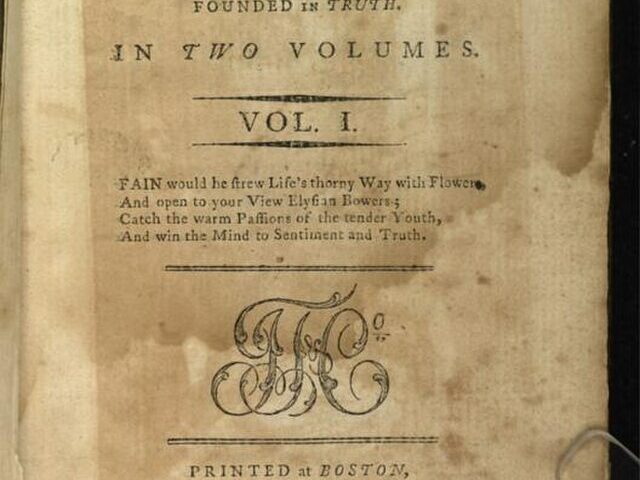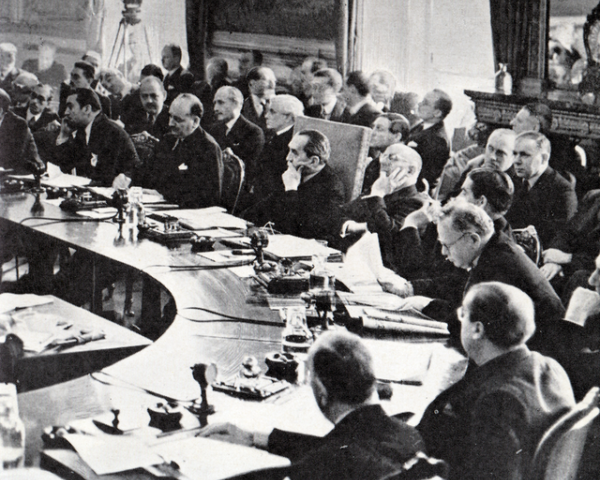In the early 1980s, Apple embarked on a revolutionary project that would redefine personal computing. Jef Raskin, an Apple employee, initiated the Macintosh project with the vision of creating an affordable and user-friendly computer equipped with a graphical user interface (GUI). However, it was…
Read MoreOn January 21, 1789, as the United States stood on the cusp of constitutional government, a modest book rolled off a Boston press that would later claim an unexpected distinction. Titled The Power of Sympathy; or, The Triumph of Nature Founded in Truth, the…
Read MoreOn January 21, 1914, a group of businessmen in Detroit, Michigan, recognized the need for a civic organization focused on community service. Kiwanis International was born. The founding members, led by Allen S. Browne, established Kiwanis as an organization dedicated to community improvement and…
Read MoreOn January 20, 1265, in the mid-thirteenth century, a quiet but enduring revolution in English governance took place inside the great halls of what is now known as the Palace of Westminster. For the first time, an English Parliament convened that included not only…
Read MoreThe Iranian Hostage Crisis was a significant diplomatic and political event that unfolded between 1979 and 1981, marking a period of heightened tension between the United States and Iran. The crisis began on November 4, 1979, when a group of Iranian militants seized the…
Read MoreOn January 19, 1915, a quiet but consequential patent filing helped tilt the modern city toward light. Georges Claude, a French engineer and industrial chemist, secured legal protection for the neon discharge tube as a device for advertising—transforming an obscure laboratory phenomenon into one…
Read MoreOn January 19, 1953, nearly three-quarters of all television sets in the United States—an estimated 44 million viewers—were tuned to a single half hour of programming. What they watched was not a presidential address or a breaking national emergency, but an episode of I…
Read MoreThe United States Senate’s rejection of the League of Nations was a defining moment in American history, highlighting significant concerns over national sovereignty, political divisions, and the nation’s global role. Following World War I, President Woodrow Wilson championed the League of Nations as a…
Read MoreOn January 18, 1967, Albert DeSalvo was sentenced to life imprisonment in Massachusetts, closing one chapter of the most terrifying murder spree Boston had ever known—and opening a far more unsettling debate about guilt, justice, and the limits of certainty in criminal law. By…
Read MoreOn January 18, 1943, armed Jewish resistance erupted inside the Warsaw Ghetto, marking the first organized uprising by Jews against Nazi Germany during the Holocaust. Though smaller and less well-known than the April revolt that would follow, the January uprising fundamentally altered the moral…
Read More










